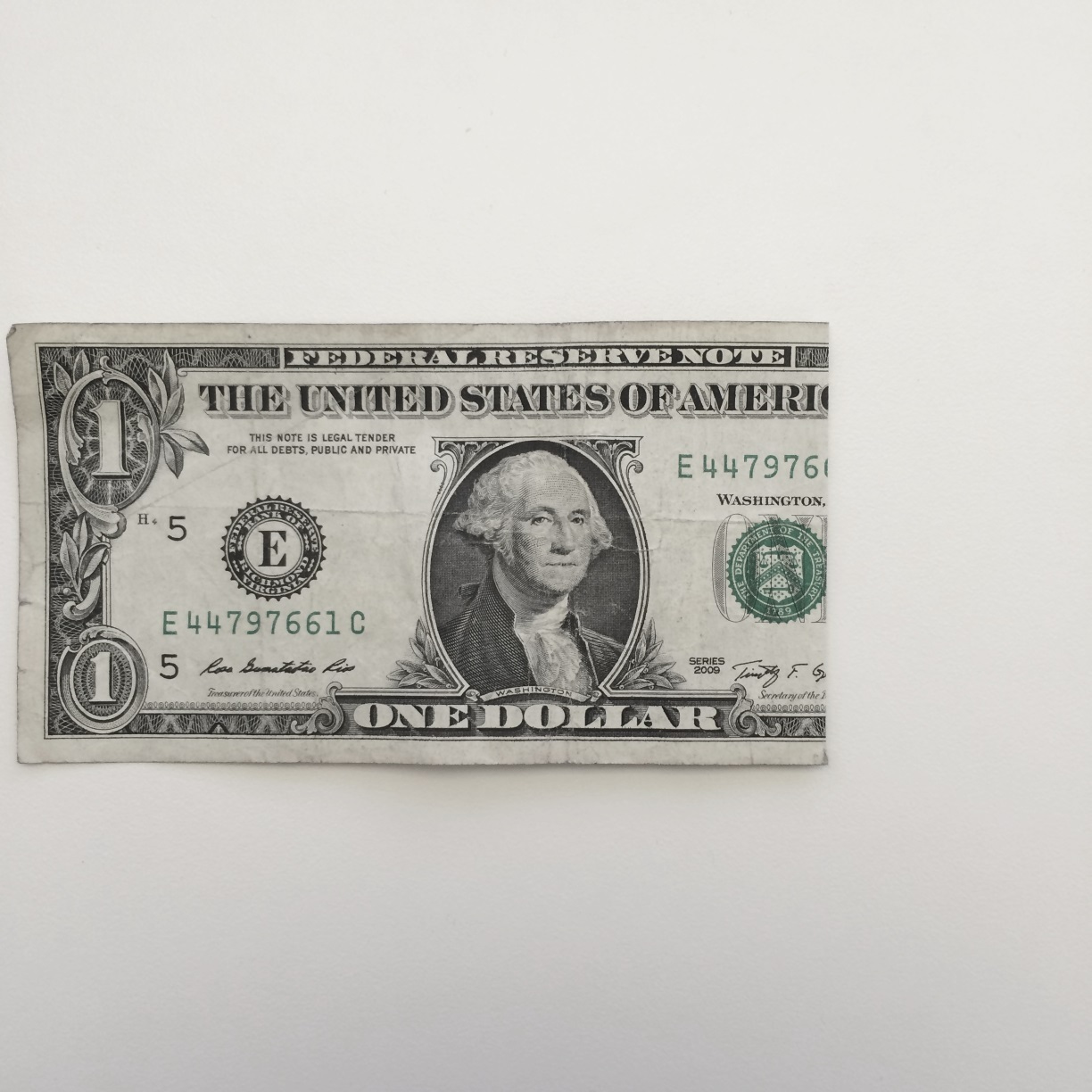The Right to Life, Liberty and the Pursuit of Happiness …But Mostly Liberty
My friend Kenny posted this interview video of the Libertarian Presidential nominee, prompting me to conduct a little research into the Libertarian platform. Their principals are summed up in the slogan: minimum government, maximum freedom. I think to cut a little through that rhetoric, “freedom” here means liberty, as in one of the unalienable rights explicitly mentioned in the Declaration of Independence. Hrm, makes one wonder what they have against Life and the Pursuit of Happiness.
Anyway, from a cursory examination, my sticking points with their platform are flat consumption tax and repeal of gun laws. (Yes, complete repeal of all gun laws.)
While instinctively opposed to a flat tax, after thinking about it, I’m open to a flat tax on earned income, but progressive on unearned, discretionary (above-poverty) income. The “prebate” idea seems cool on principle. I too, would love to get rid of social engineering and complications in the tax code; however, I would keep deductions for charity, and keep some form of estate tax, as these bare directly on fairness and social order.
Why progressive? Basically, I think of “fair” as meaning “equal sacrifice” rather than “equal rate”. Because of the diminishing marginal utility to income, a progressive tax makes better use of that marginal income (assuming gov’t services are good).
Investors might argue they perceive constant marginal utility to income, but I also distinguish between active and passive economic participation, earned vs unearned income. Investment has the potential to merely magnify the actual efforts of others. And while it might be risky, unlike earned income it doesn’t require any prolonged effort of its own. Passive discretionary income is basically lazy and does not represent prolonged action to progress society, which I believe is a cornerstone of American culture. This “progress deficit” is made up for with progressive tax (no pun intended).
Also, while incremental increases in income can be attributed completely to an individual’s efforts and risk-taking, I generally believe exponential increases depend to some degree on luck. I realize that might be a controversial opinion, and “American Dreamers” will probably convulse violently at its thought. Example: a huge account landed in your lap and you didn’t screw it up, fast-forward 12-months you get a massive raise or commission. Or, you took the risk to start a company at the same time some unpredictable confluence of events put your product in extreme demand. It follows from this that with exponential income levels, there’s on average an increasing amount of chance that played a role in your income level. Put differently, you earned more than your own effort/risk appetite warranted. A progressive tax accounts accounts for excessive effects of unfair circumstances.
Random thought: a logarithmically progressive income tax that scales continuously to balance the budget (including debt repayment), i.e. unearned_discretionary_tax_rate = budget_factor * (1 + log(income)). This puts the onus on politicians to reduce services in order to lower taxes (and get re-elected). It also introduces a hell of a lot of volatility and uncertainty into the economy so there would need be enough of a moving average and/or delay applied. It would also have to be calculated continuously based on realized expenses as opposed to big jumps each day a spending bill takes effect. Still it might cause some weird strategic or speculative behavior, like taking extra short-term risks because taxes are rising, or delaying economic activity because a bill that cuts spending is gaining lots of support in Congress. We see that anyway with the Fed tinkering with rates; people will survive.
Regarding gun rights/control, I think the question is how where do we draw the line? No line? Well, we already agree that “dangerous weapons” can be controlled, as individuals cannot own nuclear weapons, missiles, land mines, hand grenades, chemical agents, etc. What about assault weapons? What about age? Criminal or violent background? People that are enraged? People that own 500 guns already. We have to break down “the right to bear arms” into finer principles to determine where the line is drawn. To me, the principles are clearly encoded in the Bill of Rights: to have a regulated state militia, not to have one-man armies or gun Kwik-E-Marts. I think our society’s glorification of guns arises from excessively individualistic strains of American culture. Rather such a every-man-for-himself vision of America, I prefer one of skeptical cooperation, which is I feel the state militia is founded in. It’s not much different than my support for global nuclear disarmament. Sure, we could argue that nations are entitled to nukes, but does it make the world a safer place?
One might argue, “Government has no right restricting me from anything. I can own as many cars, microwaves, and chairs as I want. Children can own chairs! I can bring home a microwave from Best Buy in 15 minutes. Why should some specially formed metallic object be any different?” Because those objects are extremely dangerous, and a society that treats gun ownership like that of any other mundane object is one that would have much less social order, be culturally unstable, and would therefore lack the conditions for a strong economy. This in turn would leading to increased poverty and dependence on other nations. Basically, Life and the Pursuit of Happiness are sacrificed in for Liberty.
Follow me on Twitter for the latest updates, and make sure to check out my community opinion social networking project, Blocvox.


No Comments Yet
Commenting options at bottom.